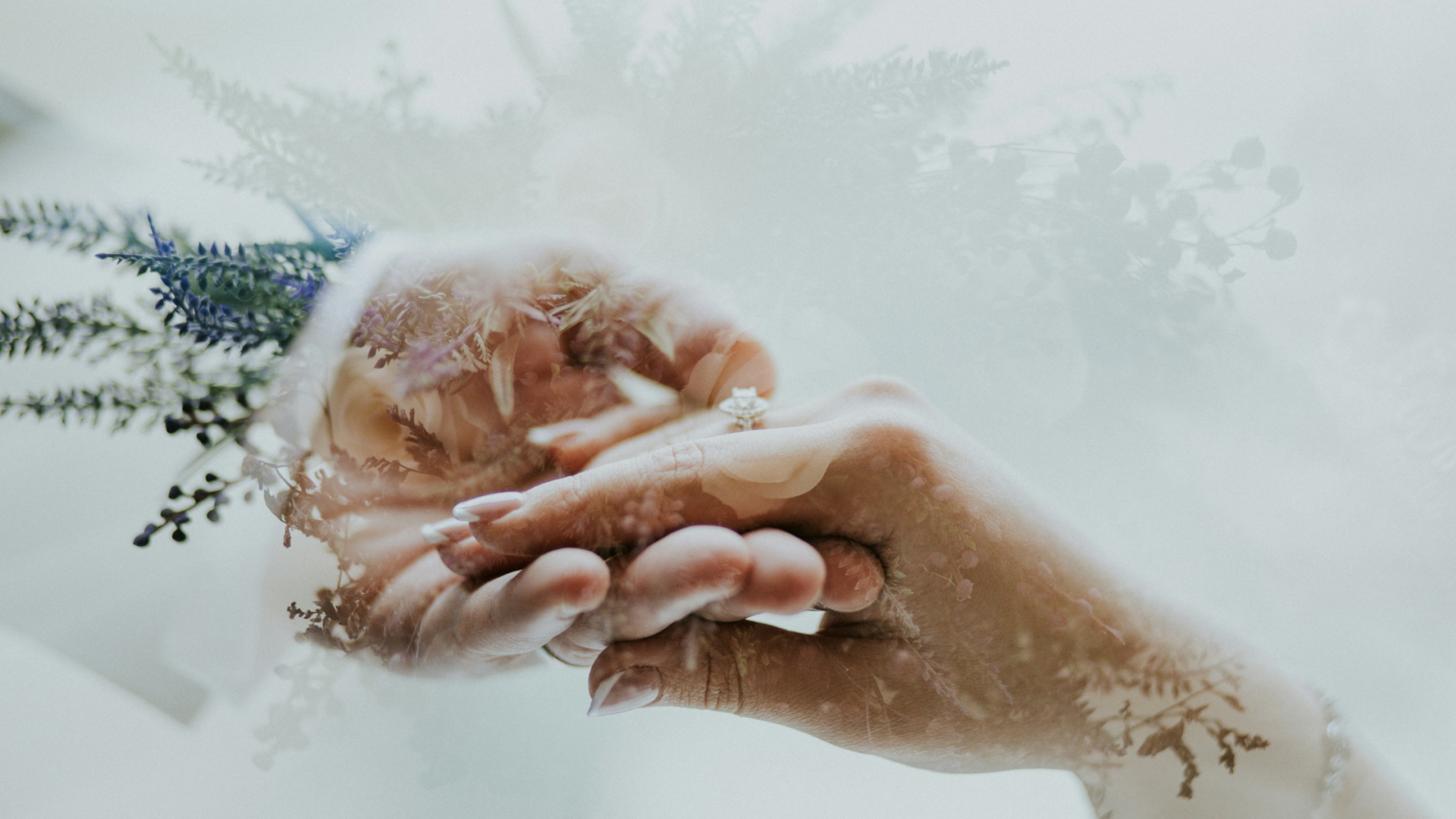- Joined
- Apr 30, 2005
- Messages
- 34,520
My heart goes out to all of the affected people affected by the tornados.
I heard of one parent on CNN asking, 'How do we explain this to our children?'
That got me thinking ... what's to explain?
Bad things just happen sometimes.
Do parents tell their kids nothing bad will ever happen?
Yes, it's a parent's job to protect their kids, but some things are beyond anyone's control.
Can't you just be this clear and frank a kid of any age?
If not help me understand since I've never been a parent or have much contact with little kids.
It seems almost abusive to promise kids that nothing bad will ever happen to them.
I heard of one parent on CNN asking, 'How do we explain this to our children?'
That got me thinking ... what's to explain?
Bad things just happen sometimes.
Do parents tell their kids nothing bad will ever happen?
Yes, it's a parent's job to protect their kids, but some things are beyond anyone's control.
Can't you just be this clear and frank a kid of any age?
If not help me understand since I've never been a parent or have much contact with little kids.
It seems almost abusive to promise kids that nothing bad will ever happen to them.







300x240.png)